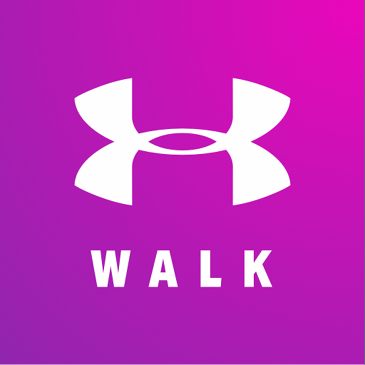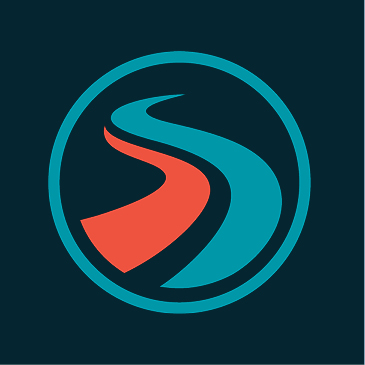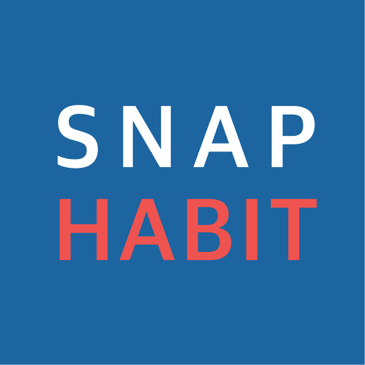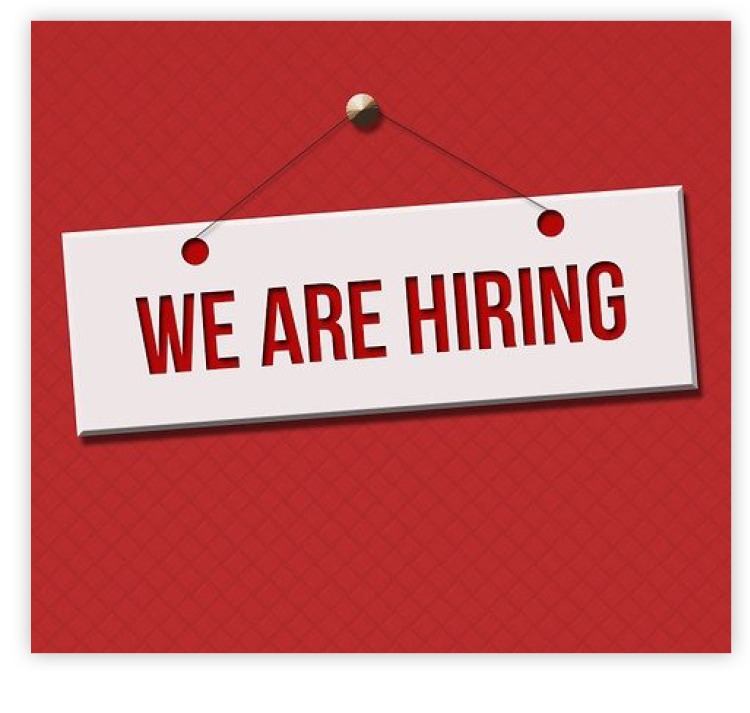 MapMyWalk
Make the most of every mile by tracking your walks, getting motivation from others, and analyzing your data.
Learn more…
MapMyWalk
Make the most of every mile by tracking your walks, getting motivation from others, and analyzing your data.
Learn more…
|
 GasBuddy
Find out where to fill your tank to get the best price. This app has saved users over $3.1 billion in the last 15 years.
Learn more…
GasBuddy
Find out where to fill your tank to get the best price. This app has saved users over $3.1 billion in the last 15 years.
Learn more…
|
 SnapHabit
Want to develop new habits? Increase your odds of success by seeing graphs of your progress and more.
Learn more…
SnapHabit
Want to develop new habits? Increase your odds of success by seeing graphs of your progress and more.
Learn more…
|
||||||
Featured Articles
MUST SEE VIDEOS
MUST SEE VIDEOS
TUTORIAL/FAQ
TUTORIAL/FAQ
 Question: I use my laptop frequently when I’m away from home. How can I safely use public Wi-Fi?
Question: I use my laptop frequently when I’m away from home. How can I safely use public Wi-Fi?
Answer: Wi-Fi networks in coffee shops, libraries, airports, hotels, and other public places are convenient, but they can present security risks. If the Wi-Fi network isn’t secure, and you log into an unencrypted site, other users on the network could potentially hijack your session and log in as you. New hacking tools — available for free online — make this easy, even for users with limited technical know-how. Your personal information and even your login credentials could be up for grabs. There are ways, however, to minimize your risk:
|
|
|||
COOKING DEMO
COOKING DEMO
CUSTOMER ALERT
CUSTOMER ALERT
 While you’re looking for your next job, scammers could be looking for their next victim. There are fraudulent offers out there involving illegal jobs or ones designed to facilitate identity theft or fake check schemes.
While you’re looking for your next job, scammers could be looking for their next victim. There are fraudulent offers out there involving illegal jobs or ones designed to facilitate identity theft or fake check schemes.
Be careful during your job search and watch for these warning signs:
- You’re offered a job without an interview. Scammers might say they’re out of town, too busy, or have another excuse for not talking to you by phone or in person.
- You get a check before you start a job. The person “hiring you” might say it’s your first paycheck and to use the money to buy supplies. But later they’ll tell you to send part of the money to someone else or return it to them. They’ll have excuses, but the main thing to know is that the check is fake. By the time the bank realizes it, the scammer has your money (if you sent it), and the bank will want you to repay the money you withdrew.
- You’re contacted through non-company email domains and teleconference applications. For example, an actual IBM recruiter would contact you using a company email such as johndoe@ibm.com, as opposed to johndoeibm@gmail.com.
- You’re required to purchase start-up equipment from the company, such as is the case of work-from-home job scams, or are asked to pay a non-refundable registration fee.
- You’re required to provide your bank account information or Social Security number BEFORE you start working.






